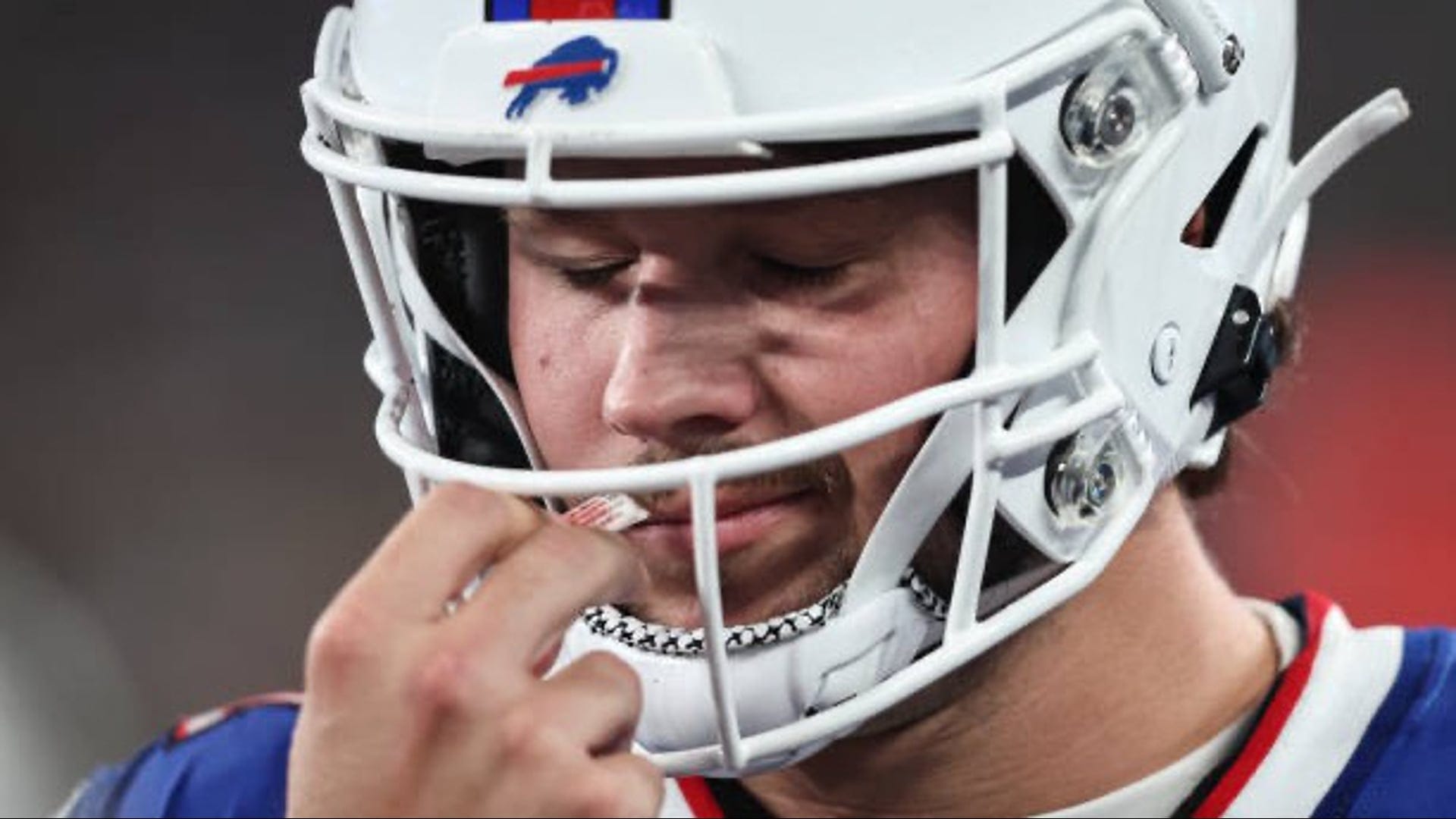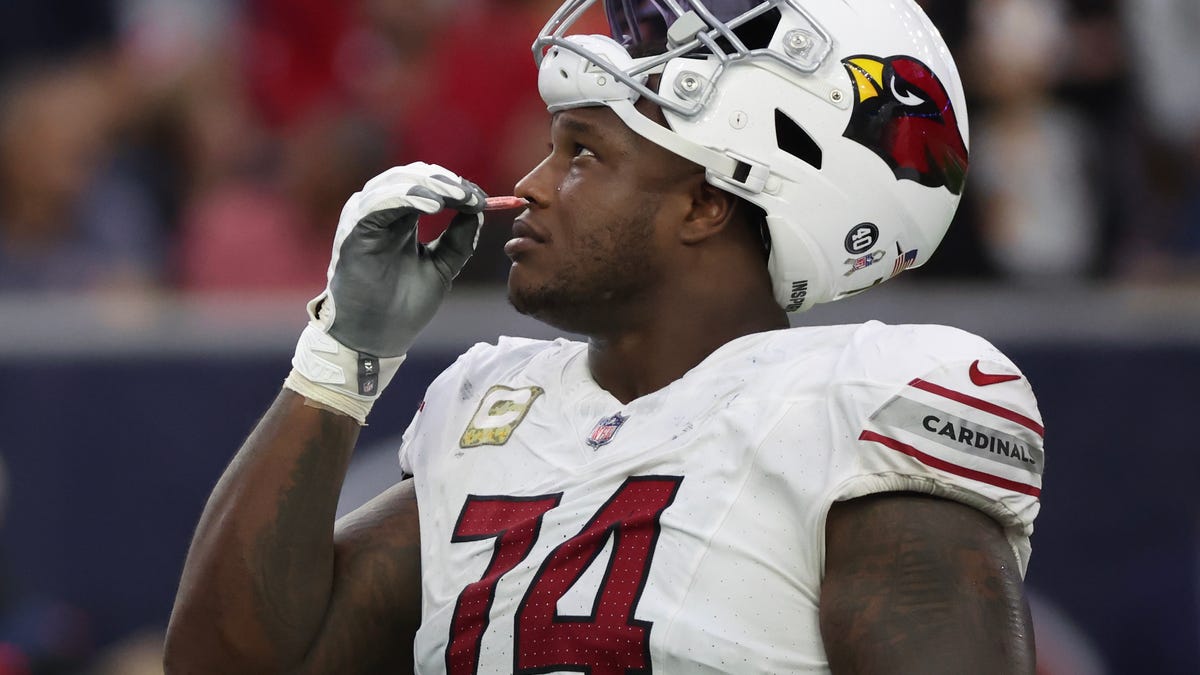
NFL bans smelling salts amid links to masking concussion symptoms
The NFL has banned the use of “smelling salts” during games over concerns that they aren’t safe and can mask concussion symptoms.
unbranded – Sport
The 2025 season will introduce some new rules and technology to the NFL, but one change in particular has upset one of the league’s best tight ends.
The San Francisco 49ers‘ George Kittle interrupted an interview on NFL Network to voice his displeasure over a new rule banning smelling salts.
“I honestly just came up here to air a grievance,” Kittle said during an episode of “Inside Training Camp Live” featuring teammate Fred Warner. “Our team got a memo today that smelling salts and ammonia packets were made illegal in the NFL. And I’ve been distraught all day.”
Kittle was especially upset because he uses smelling salts often during NFL games.
“I’m an every drive guy,” Kittle said. “I considered retirement. We got to figure out a middle ground here guys. Somebody help me out, somebody come up with a good idea… I miss those already.”
George Kittle crashed the NFL Network set to drop the news that the league banned smelling salts and ammonia packets today — and he admits he uses them every single drive. pic.twitter.com/1orx0wzhOa
— Awful Announcing (@awfulannouncing) August 5, 2025
While the NFL did change its smelling salt policy, it did not result in them actually being banned. USA TODAY Sports obtained the league memo and here’s what the NFL told teams.
NFL statement on smelling salts
A league official confirmed to USA TODAY Sports that the teams are now prohibited from providing players smelling salts during games. The official declined to be identified because of the sensitivity of the matter.
The memo that the NFL sent to teams today read:
“In 2024, the FDA issued a warning to companies that produce commercially available ammonia inhalants (AIs), as well as to consumers about the purchase and use of AIs, regarding the lack of evidence supporting the safety or efficacy of AIs marketed for improving mental alertness or boosting energy. The FDA noted potential negative effects from AI use. AIs also have the potential to mask certain neurologic signs and symptoms, including some potential signs of concussion. As a result, the NFL Head, Neck, and Spine Committee recommended prohibiting the use of AIs for any purpose during play in the NFL.
In light of this information, effective for the 2025 NFL season, clubs are prohibited from providing or supplying ammonia in any form at NFL games. For clarity, “ammonia” refers to ammonia capsules, inhalers, ammonia in a cup, and any form of “smelling salts.” This prohibition applies to all club personnel (including but not limited to team physicians, athletic trainers, strength and conditioning coaches and coaches or other personnel). The prohibition applies through the entirety of all NFL games, including during all pregame activities, and halftime, and applies on the sideline and in stadium locker rooms.”
However, while NFL teams are no longer allowed to distribute smelling salts, their players are still allowed to use them, as the NFLPA clarified Wednesday.
“We were not notified of this club policy change before the memo was sent out,” the NFLPA wrote in a message to its players, per ESPN. “To clarify, this policy does not prohibit player use of these substances, but rather it restricts clubs from providing or supplying them in any form. The NFL has confirmed this to us.”
NFL players have used smelling salts for years. Some players claim it provides them with a pick-me-up or makes them more alert.
“The ammonia wakes you up, opens your eyes,” DeMarcus Lawrence explained to ESPN in 2017. “You’ll be on the bench, you start to get a little tired and you got to wake your body up, and that’s what that little ammonia does for you.”
However, medical opinions vary about whether smelling salts provide those effects or are simply a placebo.
Concerns also exist about the ammonia capsules masking severe injuries. That’s why many boxing organizations have banned smelling salts and also why the NFL has elected to outlaw its clubs from distributing them ahead of its 2025 season.
USA TODAY Sports’ Jacob Camenker also contributed to this report.

